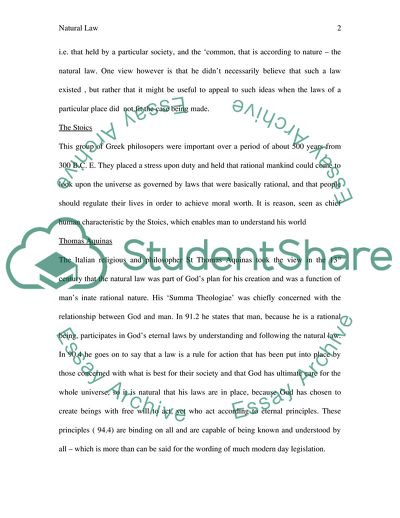Cite this document
(Does Natural Law Have a Place in the Modern World Term Paper, n.d.)
Does Natural Law Have a Place in the Modern World Term Paper. Retrieved from https://studentshare.org/philosophy/1732123-natural-law-has-no-place-in-the-modern-world-discuss
Does Natural Law Have a Place in the Modern World Term Paper. Retrieved from https://studentshare.org/philosophy/1732123-natural-law-has-no-place-in-the-modern-world-discuss
(Does Natural Law Have a Place in the Modern World Term Paper)
Does Natural Law Have a Place in the Modern World Term Paper. https://studentshare.org/philosophy/1732123-natural-law-has-no-place-in-the-modern-world-discuss.
Does Natural Law Have a Place in the Modern World Term Paper. https://studentshare.org/philosophy/1732123-natural-law-has-no-place-in-the-modern-world-discuss.
“Does Natural Law Have a Place in the Modern World Term Paper”, n.d. https://studentshare.org/philosophy/1732123-natural-law-has-no-place-in-the-modern-world-discuss.


